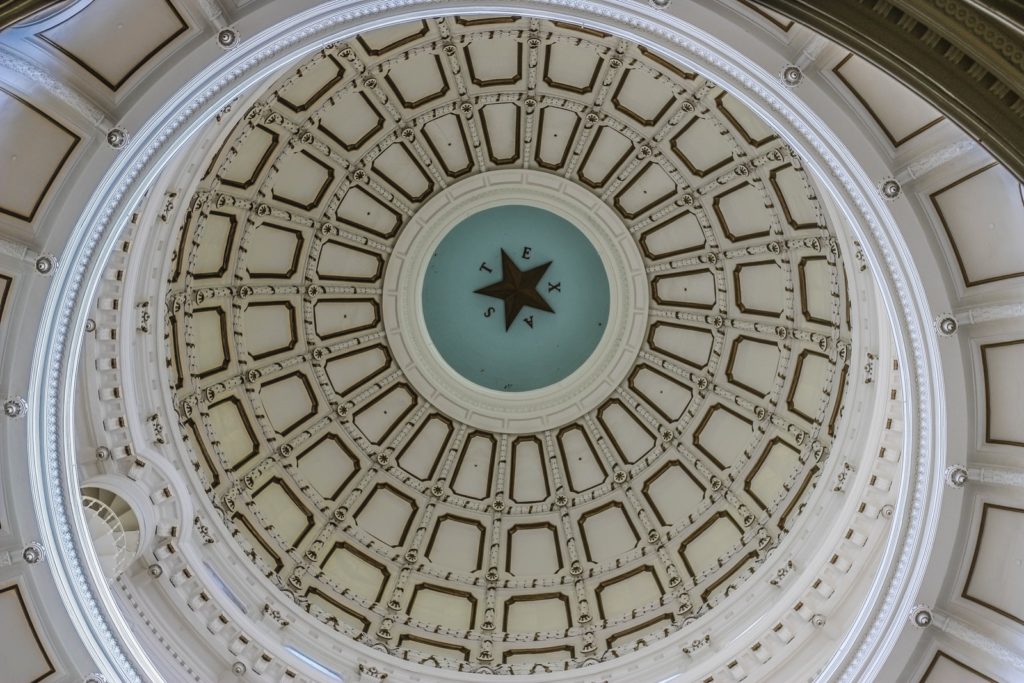Learn more about valuable insights gathered during the recent ESAL led in-person event in Denver, Colorado with the focus on brainstorming strategies to effectively address local problems
State governments are typically comprised of an executive branch having multiple departments and led by an elected governor, a legislative branch that often has two chambers of elected representatives, and a judicial branch. States also often have a number of independent regulatory bodies, such as public utility commissions. When the federal government sets a regulatory standard, for example for emissions, state governments are typically tasked with implementing it through more detailed regulation of industry. Often states will implement their own standards, serving as testbeds for innovative policy ideas.

Learn more about valuable insights gathered during the recent ESAL led in-person event in Denver, Colorado with the focus on brainstorming strategies to effectively address local problems
Kate Burns serves as the director of state and local innovation at the Federation of American Scientists, building on her prior role as Executive Director at MetroLab, where she helped translate research into real-world policy initiatives.
On June 10th, ESAL hosted a virtual event titled “Beyond the Beltway: Navigating the state/local government job hunt.” Read more for guidance on finding jobs within the world of public service from four expert career advisors.
On April 29th, 2025, the Council of State Governments hosted a webinar to help attendees better understand how federal spending impacts state economies.
Ecology and Evolutionary Biologist, La'Shaye Cobley, PhD, reflects on how her upbringing informed her path to science policy and how she considers public engagement in her current work with the California Air Resources Board.
Ellen Bruno, a cooperative extension economists, uses applied research and outreach for economic and policy issues that impact California’s agriculture and natural resources.
On September 27th, the Idaho Science & Technology Policy Fellowship program hosted a session on Tribal Sovereignty, Governance, and Law, providing an informational overview of the legal, cultural, and governance structures that define tribal nations within the United States.
ESAL interviews James Nachbaur, the Director of the Office of Research, Planning, and Performance within California State's Water Resources Control Board about his involvement with environmental policy and clean energy policy and the steps that brought him to this point in his policy career.
On Sept. 25, 2024, Washington State Academy of Sciences held its 17th Annual Symposium themed "AI to Explore, Discover, and Understand,". Learn more about the impact of AI on scientific research and health care to its potential for addressing environmental challenges and ethical concerns.